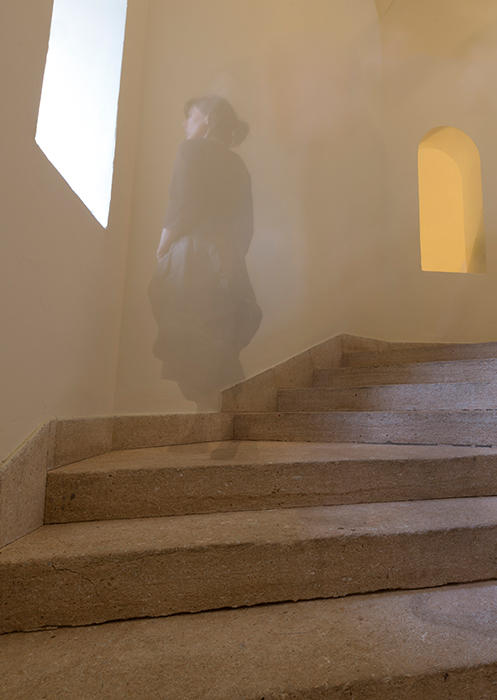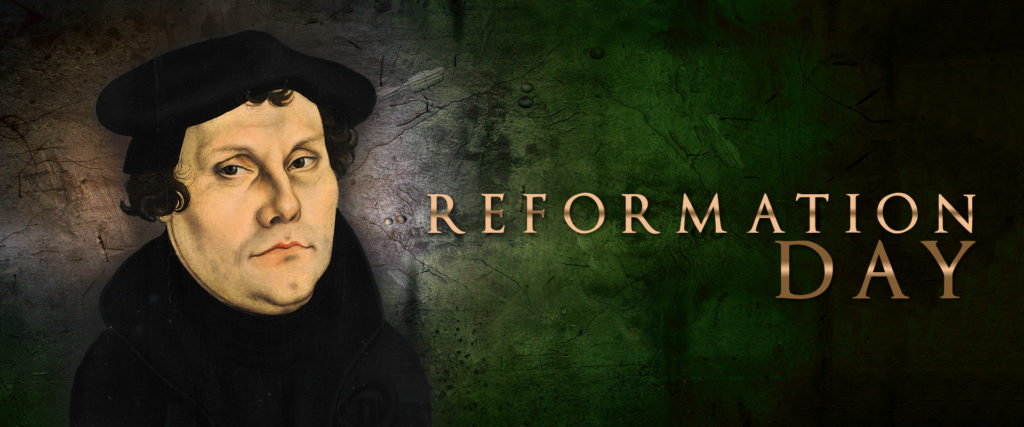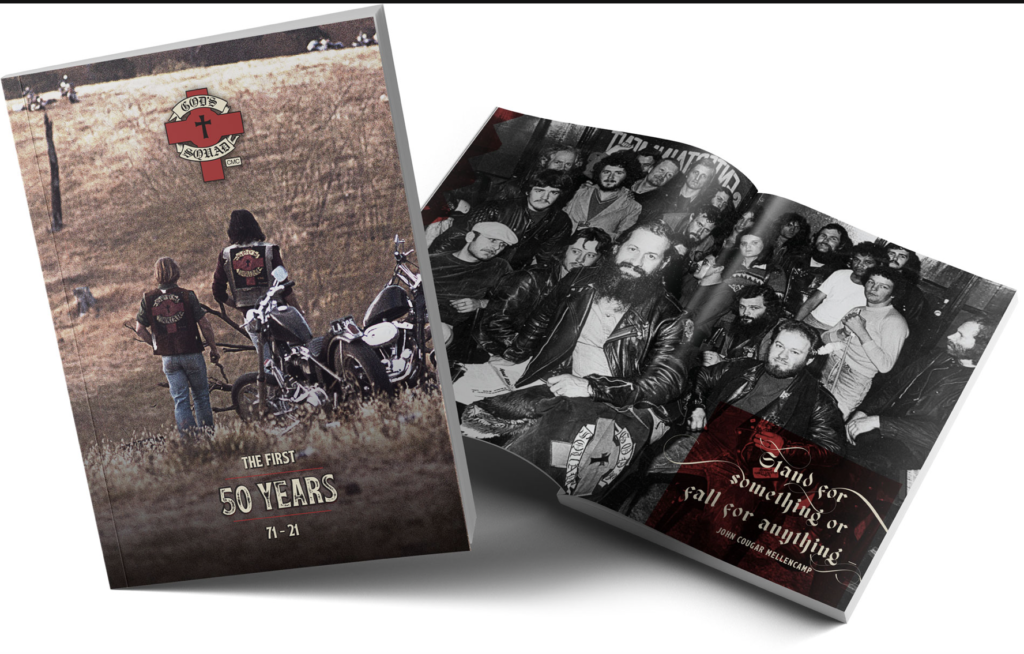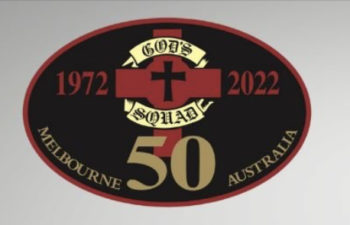COP 27 starts this Sunday in Sharm El Sheikh, Egypt. You can follow proceedings on the website, https://unfccc.int/cop27
With an upcoming election, Victorians are being encouraged to write to candidates to ask them to support the letter endorsed by faith leaders (including the VCC) – see below. Letter writing resources available here.
Dear Prime Minister Albanese
We are grateful for your Government’s efforts to take the climate crisis seriously.
Yet Australia is a wealthy country that profits from exports that are causing the crisis. We hear the cries of anguish from those most vulnerable in the human family who are losing their lives, livelihoods and homes through climate-fuelled disasters.
We humbly and respectfully request that Australia:
- Stops approving new coal and gas projects
- Ends public subsidies for coal and gas projects
- Fully respects First Nations peoples’ rights to protect Country
- Re-starts contributions to the United Nations Green Climate Fund
- Assists extractive industry workers to prosper through jobs in sustainable industries
- Actively participates in creating and endorses a Fossil Fuel Non-Proliferation Treaty.
The current level of warming is not safe. This moment in history calls for an urgent, courageous, visionary response, especially from those in power. Australia’s leadership in this response, as part of its First Nations Foreign Policy, is vital for the vulnerable communities and ecosystems who depend on it.
Yours faithfully,
First Nations and Australian and Pacific faith leaders
The Most Reverend Geoffrey Smith, Archbishop of Adelaide and Primate, Anglican Church in Australia
The Most Reverend Philip Richardson, Bishop, Diocese of Waikato and Taranaki; Archbishop and Primate, Anglican Church of Aotearoa, New Zealand and Polynesia
His Eminence, Cardinal Sir John Ribat, KBE MSC, Cardinal, Archbishop of Port Moresby
The Most Reverend Leonard Dawea, Archbishop, Anglican Church of Melanesia, Solomon Islands
Reverend James Bhagwan, General Secretary, Pacific Conference of Churches
Reverend Father Soane Fotutata msc, General Secretary, Episcopal Conference of the Pacific (CEPAC)
Reverend John Gilmore, President, National Council of Churches in Australia
His Eminence, Dr Ibrahim Abu Mohammed, Grand Mufti of Australia
Imam Shadi Alsuleiman, President, Australian National Imams Council
Reverend Sharon Hollis, President, Uniting Church in Australia, Assembly
Reverend Mark Kickett, Chair, Uniting Aboriginal and Islander Christian Congress Australia
Uncle John Lochowiak, Chairperson, National Aboriginal & Torres Strait Islander Catholic Council
Reverend Dr (Hon.) Raymond Minniecon, Co-Chair, Indigenous Peoples Organisation; Scarred Tree Ministries, Glebe, NSW
Mr Prakash Mehta, President, Hindu Council of Australia
The Most Reverend Peter Loy Chong, Archbishop of Suva Catholic Diocese
The Most Reverend Mark Coleridge, Archbishop of Brisbane Catholic Diocese
The Most Reverend Patrick O’Regan, Archbishop of Adelaide Catholic Diocese
The Most Reverend Kay Goldsworthy, Archbishop of Perth Anglican Diocese
Bruce Henry, Presiding Clerk, Religious Society of Friends (Quakers) in Australia
Charlie Hogg, Coordinator, Brahma Kumaris Australia
Professor Anne Poelina (Nyikina Warawa), First Nations Guardian and Custodian Martuwarra Fitzroy River
Aunty Togiab McRose Elu, Torres Strait Islander Elder, recipient of the 2021 Queensland Senior Australian of the Year Award
Ms Rikki Dank (Lhudi Noralima), Director, Gudanji For Country, Gudanji Nation
Reverend Dr Benny Giay, Moderator, West Papua Council of Churches
The Right Reverend Dr Jack Urame, Evangelical Lutheran Church of Papua New Guinea
Reverend Rusiate Tuidrakulu, General Secretary, South Pacific Association of Theological Schools
The Very Reverend Quyen Vu SJ, Congregational Leader, The Society of Jesus in Australia (Australian Jesuits)
Dr Gawaine Powell Davies, President, Federation of Australian Buddhist Councils; Chair, Buddhist Council of NSW
Rabbi Nicole Roberts, Chair, Assembly of Rabbis and Cantors of Australia, New Zealand and Asia
Venerable Thich Quang Ba, Founding President, United Vietnamese Buddhist Congregation of Canberra; Co-President, International Buddhist Confederation; Former President, Australian Sangha Association
Venerable Ajahn Brahmavamso, Abbott, Bodhinyana Monastery, WA
Sister Anne Lane pbvm, President, Society of Presentation Sisters of Australia and Papua New Guinea
Sister Eveline Crotty rsm, Institute Leader, Institute of Sisters of Mercy of Australia and Papua New Guinea
Sister Monica Cavanagh sosj, Congregational Leader, Sisters of St Joseph of the Sacred Heart
Reverend Dr Bruce Yeates, Moderator, Presbyterian Church of Fiji
Reverend Taualo Penivao, General Secretary, Ekalesia Kelisiano Tuvalu
Reverend Dr Tevita Havea, President, Free Wesleyan Church of Tonga
Reverend Dr Eteuati S. L. Tuioti, General Secretary, Methodist Church in Samoa
Reverend Vavatau Taufao, General Secretary, Congregational Christian Church Samoa
Very Rev Fr Dr Shenouda Mansour, General Secretary, New South Wales Ecumenical Council, Parish Priest, St Antonius & St Paul Coptic Orthodox Church, Guildford, NSW
Dr Rateb Jneid, President, Australian Federation of Islamic Councils
Abbas Raza Alvi, President, Indian Crescent Society of Australia
The Most Reverend Vincent Long Van Nguyen ofm conv, Bishop of Parramatta Catholic Diocese
The Most Reverend Timothy Harris, Bishop of Townsville Catholic Diocese
The Right Reverend Dr Keith Joseph, Bishop, Anglican Church North Queensland
Mr Mahanbir Grewal, Founder and President, Guru Nanak Society of Australia
Rabbi Jonathan Keren-Black, Environmental Advisor, Assembly of Rabbis and Cantors, Australia and New Zealand
Pastor Rob Buckingham, Senior Minister, Bayside Church (Pentecostal)
Dr Shailesh Kumar Diwedi, Hindu priest Canberra
The Most Reverend Paul Bird CScR, Bishop of Ballarat Catholic Diocese
The Most Reverend Charles Gauci, Bishop of the Catholic Diocese of Darwin and the NT
The Right Reverend Kate Prowd, Assistant Bishop, Oodthenong Episcopate, Anglican Diocese of Melbourne
The Right Reverend Paul Barker, Assistant Bishop, Anglican Diocese of Melbourne
The Right Reverend Genieve Blackwell, Assistant Bishop, Anglican Diocese of Melbourne
Ms Anne Walker, National Executive Director, Catholic Religious Australia
Mrs Philippa Rowland, Chair, Religions for Peace Australia
Br Christopher John SSF, Minister General, Society of St Francis
The Right Reverend Cam Venables, Archbishop’s Commissary; Bishop, Anglican Church Southern Queensland
The Right Reverend Jeremy Greaves, Bishop, Anglican Church Southern Queensland
The Right Reverend John Roundhill, Bishop, Anglican Church Southern Queensland
Bishop Philip Huggins, Australian Centre for Christianity and Culture; Anglican Church, Diocese of Melbourne
The Most Reverend Shane Mackinlay, Bishop of Sandhurst Catholic Diocese
Pastor Collin Keleb, Chairman, Vanuatu Christian Council
Reverend Roger Mwareow, Chairman, Nauru Congregational Church
Reverend Nafatali Falealii, General Secretary, Congregational Christian Church in American Samoa
Pastor Jeledrick Binejal, General Secretary, United Church of Christ Congregations, Marshall Islands
Pastor Var Kaemo, President, Eglise Protestante du Kanaky, Nouvelle Caledonie
Mr Nga Mataio, General Secretary, Cook Islands Christian Church
Mrs Céline Hoiore, General Secretary, Etaretia Poritetani Maohi, Maohi Nui
Jessiee Kaur Singh, President, WIN Foundation (Women’s Interfaith Network); President, COMMON Australia
Mr Adel Salman, President, Islamic Council of Victoria
Rabbi Shoshana Kaminsky, Beit Shalom Synagogue, Adelaide
Venerable Bhante Sujato, SuttaCentral, Theravada tradition
Sister Margaret Guy rsc, Vicar, Congregation of the Sisters of Charity
Reverend Trevor Trotter, Regional Director, St Columban’s Mission Society, Melbourne
Sister Louise Cleary, Congregational Leader, Brigidine Sisters
Reverend Peter O’Neill, Leader, St Columbans Mission Society, Melbourne
Father Tom McDonough CP, Provincial Superior, The Passionists of Holy Spirit Province
Reverend Dr Peter Catt, Dean, St John’s Anglican Cathedral, Brisbane
Mrs Balbir Grewal, Treasurer, Guru Nanak Society of Australia
Professor Anthony Maher, Executive Director, Australian Centre for Christianity and Culture, Charles Sturt University
Professor Neil Ormerod, Sydney College of Divinity
Professor Mohamad Abdalla, Centre for Islamic Thought and Education, University of South Australia
Associate Professor Mehmet Ozalp, Director, Centre for Islamic Studies and Civilisation, Charles Sturt University
Reverend Dr Patrick McInerney, Director, Columban Centre for Christian-Muslim Relations
Reverend Dr Josephine Inkpin, Anglican priest and Minister of Pitt Street Uniting Church, Sydney
Sister Jan Barnett sosj, Josephite Justice Coordinator
Sister Elizabeth Rogerson ibvm, Leadership Team, Loreto Sisters Australia and South East Asia
Subhana Barzaghi, Zen Buddhist Roshi, Spiritual Director Sydney Zen Centre, Annandale
Gillian Coote, Zen Buddhist Roshi, Sydney Zen Centre, Annandale
Dr Susan Murphy, Zen Buddhist Roshi, Spiritual Director Zen Open Circle (Aust), and Hobart Zen
Kynan Sutherland, Zen Sensei, Spiritual Director Castlemaine Zen, Vic
Reverend Dr David Millikan, Minister Nowra Uniting Church, NSW
Maggie Gluek, Zen Buddhist Roshi, Sydney Zen Centre, Annandale
Reverend Meredith Williams, Minister of the Word, Uniting Church in Australia
Ms Anna Markey, lead teacher, Coast and City Sangha Buddhist Community (SA)
Rabbi Sheryl Nosan, Jewish Spirituality Australia
Rev Dr Linda Chapman OAM
Father Neil Forgie, Anglican Priest, Cairns
Doug Hewitt AM, Leader, Christians for Peace Newcastle NSW, Retired Associate Professor Australian Catholic University
Very Reverend Robert Riedling, St Patrick’s Cathedral, Catholic Diocese of Parramatta
Rev Sandy Boyce, Executive Officer, Victorian Council of Churches
Dharmachari Tejopala Rawls, Triratna Buddhist Order, Melbourne
Rev. Simon Hansford, Moderator, Synod of NSW & the ACT, Uniting Church in Australia
Thea Ormerod, President, Australian Religious Response to Climate Change (ARRCC)







